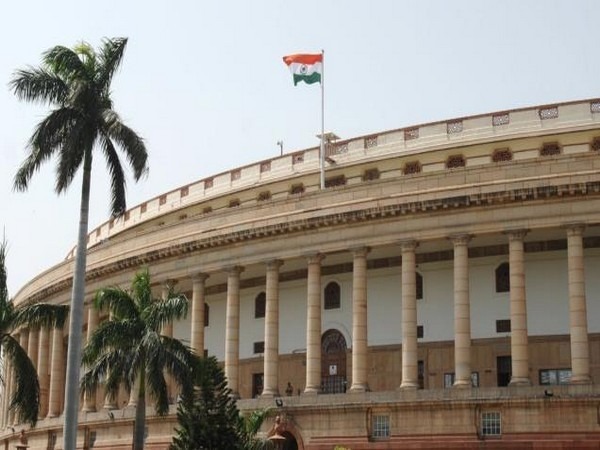Structured Salary Revisions for MPs: Ensuring Fairness Amid Rising State Hikes
A recent 24% increase in MPs' salaries aligns with an inflation-linked structure to ensure fairness. This contrasts sharply with state governments' arbitrary hikes. The transparent adjustment mechanism, introduced in 2018 and supported by PM Modi, underscores systematic revisions based on the Cost Inflation Index (CII).

- Country:
- India
The Ministry of Parliamentary Affairs has announced a 24% increase in the salaries, allowances, and pensions of Members of Parliament (MPs), effective from April 1, 2023. This adjustment increases the monthly salaries of MPs from Rs 1 lakh to Rs 1.24 lakh. The revision follows a structured process linked to the Cost Inflation Index (CII), which prevents arbitrary hikes.
In 2018, a significant regulatory change ended Parliament's discretionary power over MP salaries, aligning revisions with inflation metrics. This overhaul, spurred by Prime Minister Modi's 2016 call for structured salary determinations, aimed to ensure financial prudence and depoliticize the compensation review process. Formerly, adjustments required parliamentary approval each time, raising public concern.
Contrasting this transparent method, many state governments continue to implement arbitrary salary increases. Karnataka's recent decision to double salaries amid fiscal strain exemplifies this trend. In stark contrast, India's MPs see their salaries automatically adjusted every five years, a method ensuring predictable, impartial pay revisions without political interference.
(With inputs from agencies.)










